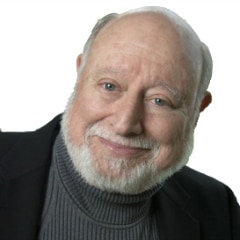Lee Shulman
Stanford University
Emeritus Professor

Year Elected
1979
Membership status
Emeritus
Lee S. Shulman is the 8th President of The Carnegie Foundation for the Advancement of Teaching and the first Charles E. Ducommun Professor of Education Emeritus and Professor of Psychology Emeritus (by courtesy) at Stanford University and from 1963 to 1982 served as Professor of Educational Psychology and Medical Education at Michigan State University where he founded and co-directed the Institute for Research on Teaching (IRT). Shulman is past president of the American Educational Research Association (AERA) and received its highest honor, the career award for Distinguished Contributions to Educational Research. He is a member of the National Academy of Education, having acted as both vice president and president. Shulman’s service on boards of directors includes the Spencer Foundation, and he has acted as advisor to such organizations as the Center for Advancement of Scholarship in Engineering Education, the American Hebrew Academy, Olin College, the Mandel Foundation, and Wabash College’s Center for Inquiry in the Liberal Arts. He is the recipient of the American Psychological Association’s 1995 E.L. Thorndike Award for Distinguished Psychological Contributions to Education, a fellow of the American Academy of Arts & Sciences, and has been awarded 2006 Grawemeyer Prize in Education. In 2004, Shulman’s collected writings on teacher education and higher education were published by Jossey-Bass Inc., in two volumes, The Wisdom of Practice and Teaching as Community Property. His research has dealt with the quality of teaching and teacher education; knowledge growth among those learning to teach; the assessment of teaching; medical education; the psychology of instruction in science, mathematics and medicine; the logic of educational research; and the quality of teaching in higher education. His most recent studies emphasize the central role of a scholarship of teaching” in supporting needed changes in the cultures of higher education, and the function and features of signature pedagogies in professional education.
